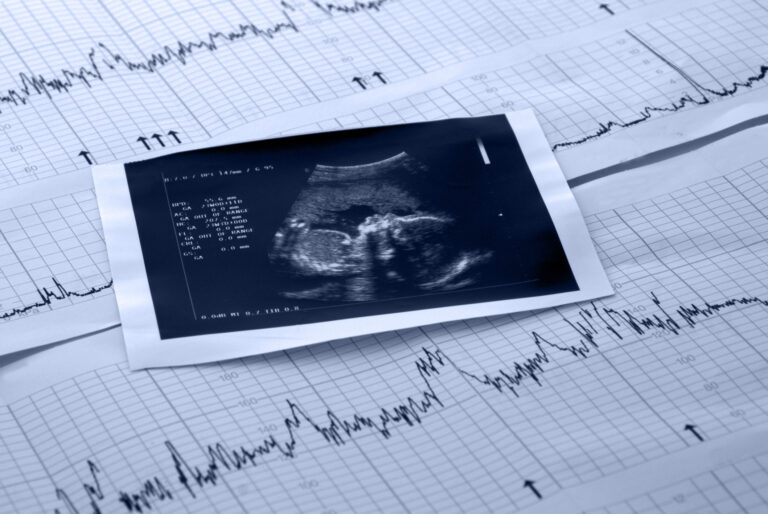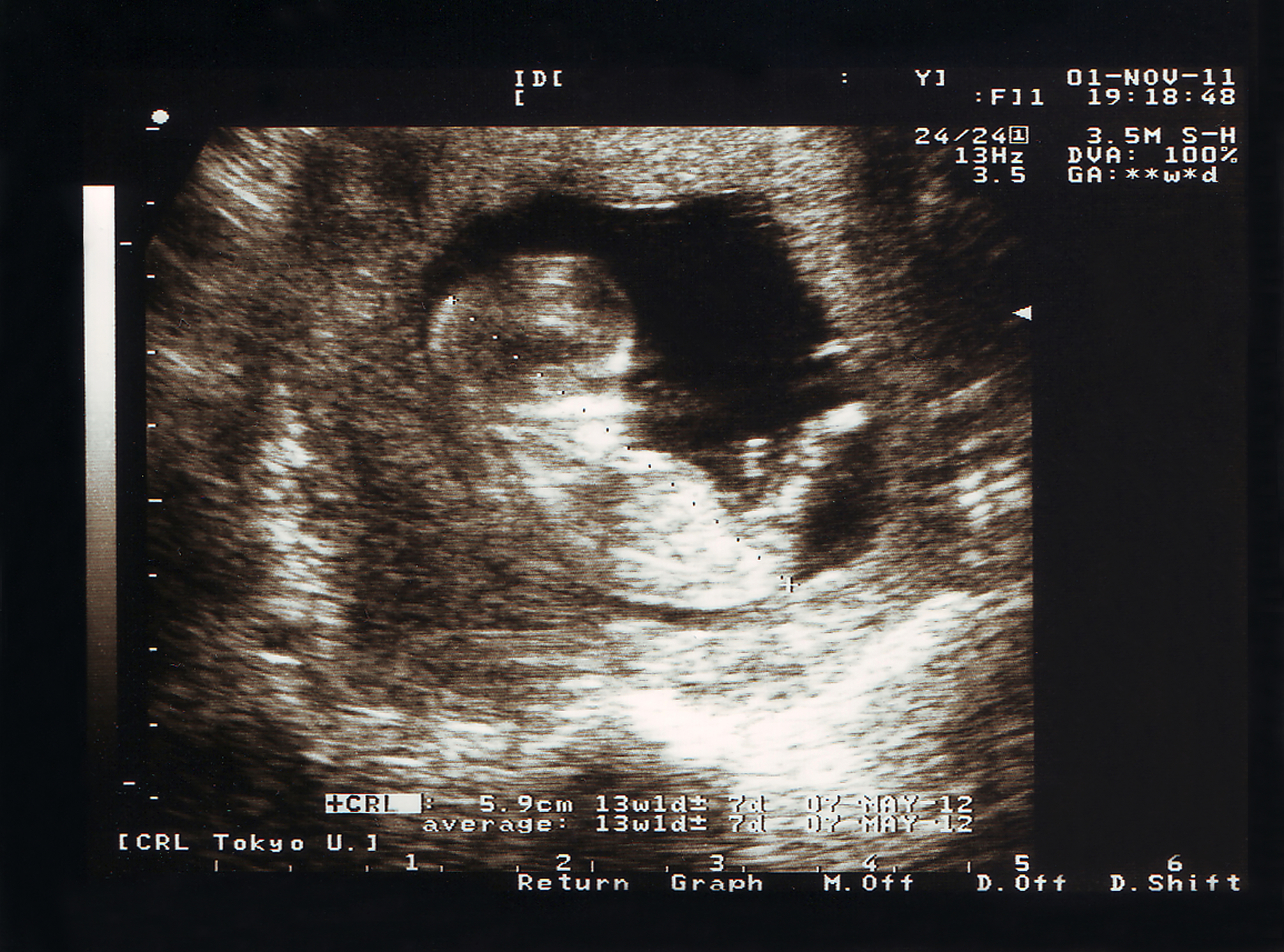Healthy Pregnancy
A healthy pregnancy is essential for both the mother and the baby, requiring a balanced approach that includes proper nutrition, regular medical check-ups, physical activity, and mental wellbeing. While every pregnancy is unique, certain fundamental principles help promote a safe and healthy journey from conception to birth.
Nutrition and Hydration
Good nutrition is one of the most important factors in maintaining a healthy pregnancy. Expectant mothers should consume a well-balanced diet rich in essential nutrients such as folic acid, iron, calcium, and protein. Folic acid, found in leafy greens, citrus fruits, and fortified cereals, is crucial in preventing neural tube defects. Iron, which supports the increased blood supply needed during pregnancy, can be sourced from lean meats, legumes, and spinach. Calcium, essential for foetal bone development, is abundant in dairy products, tofu, and almonds.
Hydration is equally important. Pregnant women should aim to drink plenty of water throughout the day to support circulation, digestion, and amniotic fluid levels. Limiting caffeine and avoiding alcohol are also vital in ensuring the baby’s development is not compromised.
Regular Medical Check-Ups
Antenatal care is crucial in monitoring the health of both the mother and the baby. Regular appointments with a midwife or doctor help track foetal growth, detect any potential complications early, and provide guidance on managing pregnancy symptoms. Ultrasound scans, blood tests, and screening for gestational diabetes or pre-eclampsia are part of standard antenatal care.
Taking prenatal vitamins, including folic acid and vitamin D, as recommended by healthcare professionals, can further support maternal and foetal health. Vaccinations, such as the flu jab and whooping cough vaccine, are also encouraged to protect both mother and baby.
Physical Activity and Rest
Staying active during pregnancy can help with circulation, reduce back pain, and promote emotional wellbeing. Low-impact exercises such as walking, swimming, and prenatal yoga are excellent choices. However, strenuous activity and contact sports should be avoided.
Equally important is rest. As the body undergoes significant changes, adequate sleep and relaxation are essential. Proper sleep posture, such as lying on the left side with a pillow between the knees, can improve circulation and reduce discomfort.
Mental Wellbeing and Emotional Health
Pregnancy can be an emotional time, with hormonal changes often affecting mood and stress levels. Practising mindfulness, engaging in relaxation techniques, and seeking support from loved ones can help maintain emotional balance. If feelings of anxiety or depression arise, seeking professional help is recommended.
Conclusion
Maintaining a healthy pregnancy involves a combination of good nutrition, medical care, exercise, rest, and emotional support. By following these key principles, expectant mothers can help ensure a smooth pregnancy and the best possible start for their baby.
home » Healthy Pregnancy



